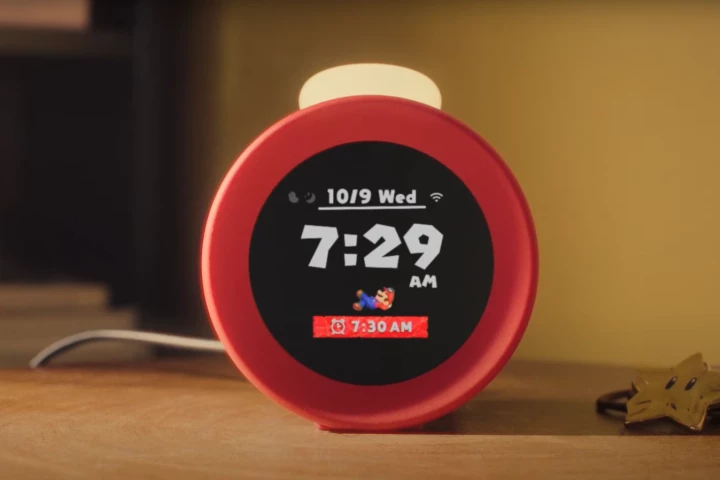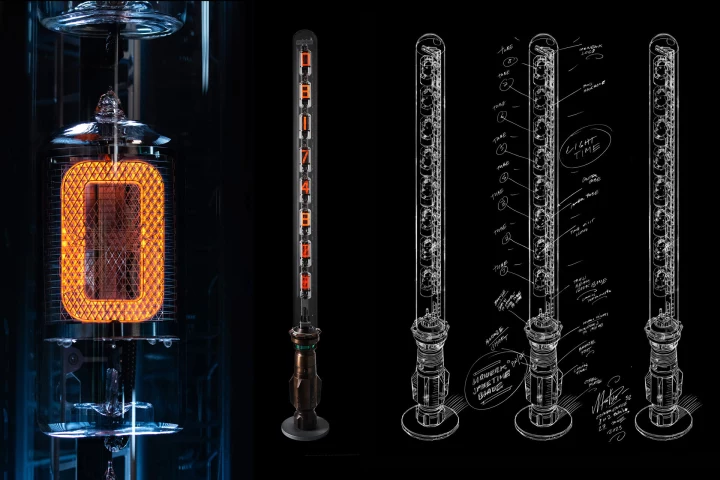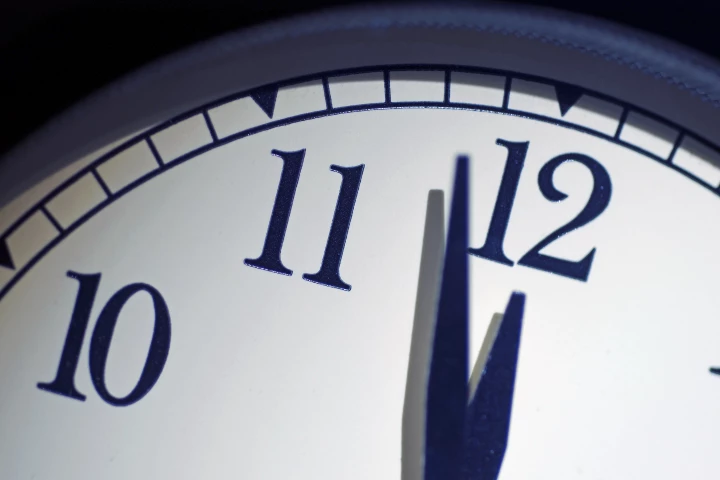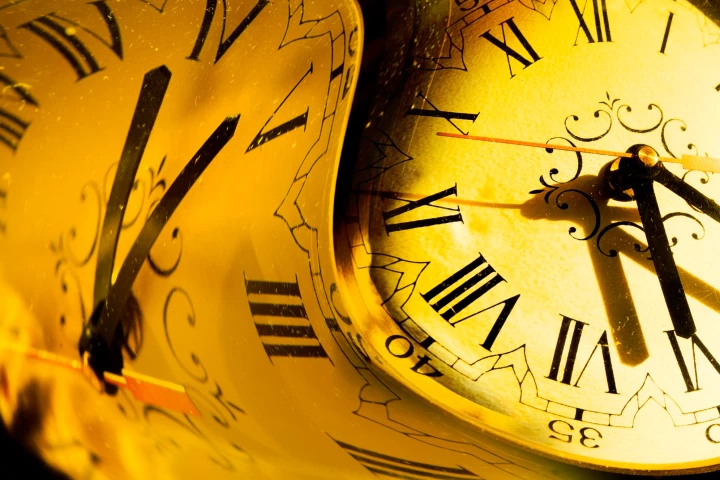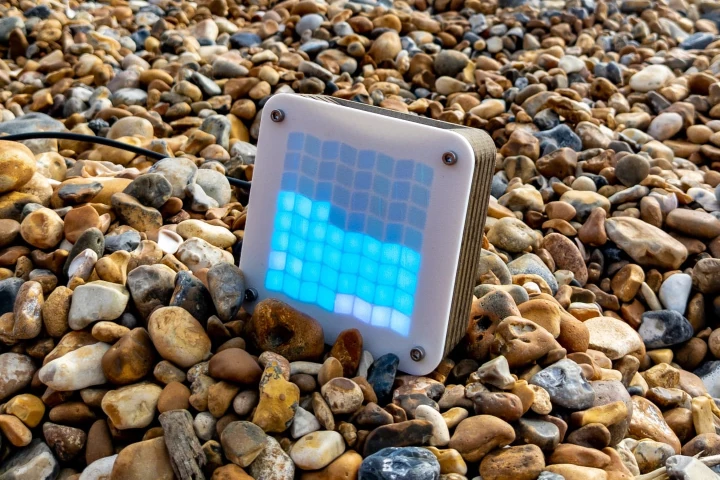Clock
-
If, like me, you can't go a day without making sure your watch is synced to the second, you'll be delighted to learn that a new atomic clock has broken the record with an accuracy of 5.5 x 10⁻¹⁹ – gaining or losing one second in 57.6 billion years.
-
Here's a neat gadget for a touch of functional, neon-minimalist home decor: a palm-sized smart canister device that fixes onto a wall and uses slim, moving LED beams to create giant, glowing, multicolor clocks and/or temperature gauges.
-
Nintendo has finally announced its latest piece of hardware – but it’s not the expected Switch 2. The Nintendo Sound Clock: Alarmo is an interactive alarm clock that wakes you up with classic game sounds and uses motion sensors to track your sleep.
-
Atomic clocks are our most accurate timekeepers, losing only seconds across billions of years. But nuclear clocks could steal their thunder, speeding up GPS and the internet. Now, scientists have built and tested the first prototype nuclear clock.
-
Scientists have developed the most accurate atomic clock – if you ran it for twice the current age of the universe, it would only be off by one second. This could not only improve services like GPS, but help scientists probe how gravity affects time.
-
What does a 450-million-year old land plant have to do with waking you up for work in the morning? Unless you're sleeping on a forest floor, we'd say not a whole lot. Moss Echo is out to change all that, bringing ancient nature into the modern home.
-
If you wished your lightsaber could tell you the time, Urwerk has now got your back. For around $60,000, the limited edition SpaceTime Blade clock uses good old Nixie tubes to display a quirky collection of time and astronomical measurements.
-
Despite a 2024 so far marked with serious conflicts that threaten to escalate further, climate uncertainty and the rapid ascension of AI technologies, the famous Doomsday Clock has remained paused at 90 seconds to midnight, the same time as last year.
-
University of Oxford physicists have linked two atomic clocks through quantum entanglement for the first time. The feat can help make these clocks so precise that they begin to approach the fundamental limit of precision set by quantum mechanics.
-
The movements of the Sun, Moon and stars have long been used to keep track of time, and now engineers from the University of Tokyo have proposed a new way to use the cosmos to precisely track time, using showers of particles from cosmic rays.
-
Britain's supercarrier HMS Prince of Wales has become the first surface ship to be equipped with a state-of-the-art atomic clock as it departs for the Exercise Cold Response 2022 NATO joint exercises off the north coast of Norway.
-
Whether you're a surfer, a sailor or simply a beachcomber, it's important to know the current cycle of the tide at your favorite beach. And while apps do provide that info, the Tidey tidal clock does so in a much easier-to-understand fashion.
Load More


